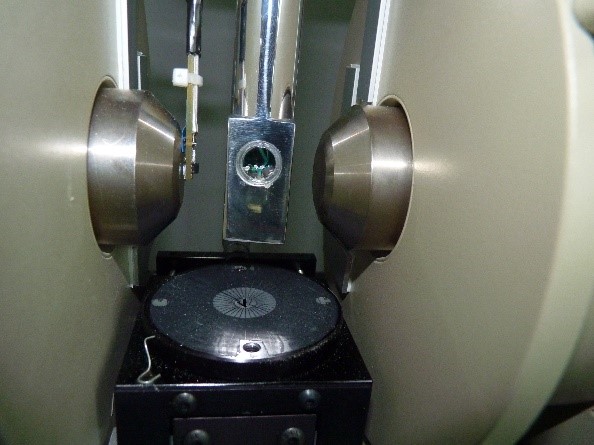Description
Magnetoresistive sensors are cost-effective solutions for various industrial and consumer applications, including emerging areas such as Internet-of-Things (IoT) and Artificial Intelligence. These sensor elements are based on the AMR, GMR or TMR effect. SenseTronic's goal is to further develop these sensors into highly accurate magnetic field sensors using spin currents.
An important parameter of each sensor element is the so-called offset error or zero-point error. The offset error is currently the dominant effect, which limits the measurement accuracy in, for example, position sensors. The SenseTronic project aims to reduce the offset in order to achieve a zero signal in the ideal case. To this end, sensors are to be developed that can be manipulated via spin currents.
Recent research shows that spin-orbit interaction in heavy metals such as platinum, tantalum or tungsten can cause a spin Hall effect or spin-orbit torque. Such spin currents or spin accumulations at the interfaces of thin films can be used to exert torques on the moment of adjacent magnetic layer. Company partner in this project is Infineon AG. Other research partners are the University of Vienna and JGU Mainz.

Details
| Duration | 01/10/2020 - 30/09/2023 |
|---|---|
| Funding | FFG |
| Program | |
| Department | |
| Principle investigator for the project (University for Continuing Education Krems) | Univ.-Prof. Dr. Hubert Brückl |
Lectures
Nanotechnology in sensor development
Millenium Innovation Days 2021, Lustenau, 29/09/2021
